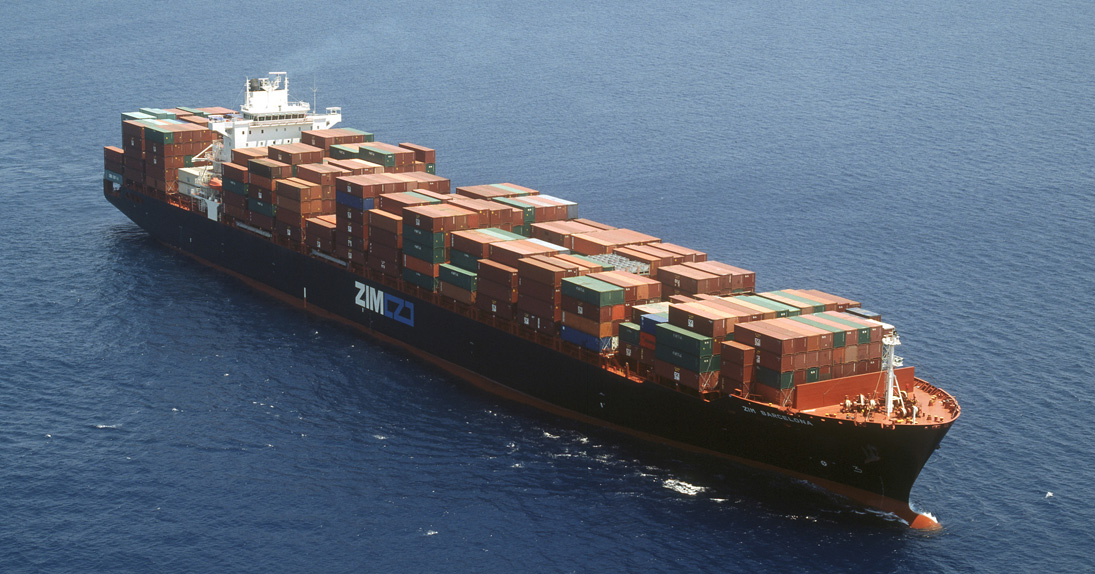
Due to the impact of reciprocal tariffs imposed by the United States on the current market conditions, Israeli shipping company ZIM has temporarily suspended the route from central China to the U.S. West Coast. This route, which started in July 2024, departed from Ningbo to Los Angeles and had a duration of 13 days.
ZIM stated that they will continue to closely monitor market developments and will propose further arrangements for the route as appropriate. Additionally, due to slowing trade demand, Taiwan-based shipping company T.S. Lines has closed the route connecting ports in southern China to Los Angeles.
The high tariffs imposed by U.S. President Trump on Chinese manufactured goods are expected to significantly reduce the number of Chinese-built/operated vessels serving major U.S. ports like Los Angeles and Long Beach.
As per specific restrictions released by the Office of the United States Trade Representative (USTR), new measures state that LNG carriers will not be charged, and fees for other types will not be stacked, but will be charged in a designated order with costs set based on individual circumstances.
Despite ZIM announcing the suspension of the relevant routes, their fleet may include vessels built in Chinese shipyards. Therefore, regardless of the response, the USTR's port fees will have an impact on them.
According to Drewry's data, due to direct impacts of U.S. trade policies, global container port throughput is expected to decline by 1%. This would mark the third global container shipping demand decrease since 1979, with previous declines occurring during the 2009 financial crisis and the 2020 COVID-19 pandemic.
